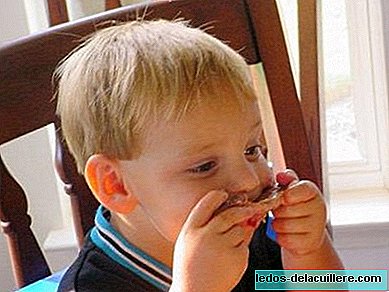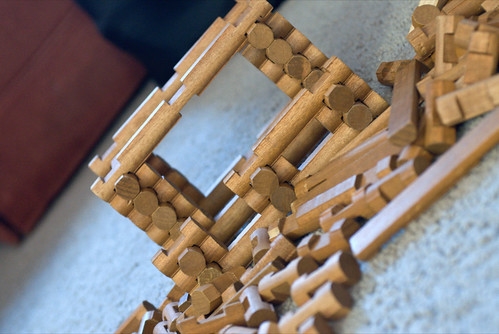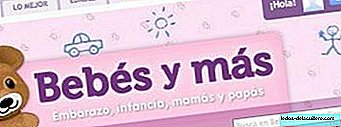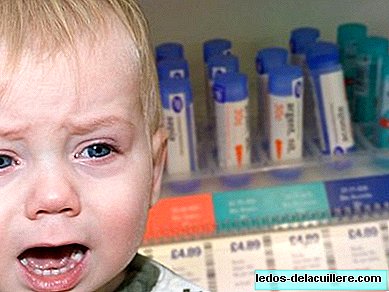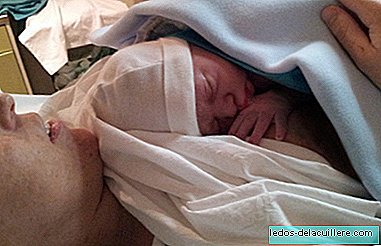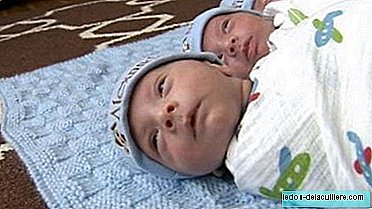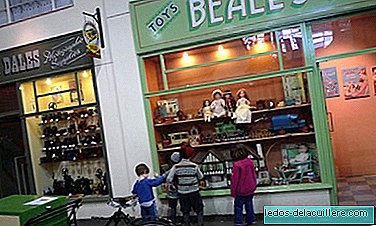
Although Christmas and Kings have already passed, there are still many appropriate moments to buy toys: the birthday of children, or their friends, the child who wants to allocate part of the money saved in outdoor games for the summer, or who asks us to take a small gift to his sick friend.
But any toy should be endowed with values, and be a responsible product (safe toys, responsible consumption, manufactured with sustainability). And in the study 'It's everyone's game' carried out in the IV Edition of Famous Garamarama, some of the mentioned aspects are analyzed. Among the highlights of the report, we find that 81.3 percent of parents consider it important to acquire responsible toys for their children.
'The game of all', collects qualitatively and quantitatively data that mark the path that we must follow manufacturers, distributors and consumers to make the toy a responsible product. This trend is what is known as CSR (social and cooperative responsibility)
From the mentioned study it follows that parents believe that they should start taking CSR into account, since companies are doing it, it is a very important issue. For their part, experts insist on the extreme vulnerability of children and show their concern that the manufacture of toys is highly delocalized.
By the way, it is worth mentioning that the panel of experts consulted belongs to the toy industry (AEFJ, AIJU), consumer associations (OCU), responsible consumption education entities (Ortzadar), the academic world (ICADE), civil society ( Improving Worklife), representatives of the advertising world (El Chupete), and finally, experts in CSR.
The study is completed with a qualitative study with parent discussion groups, and a quantitative study with 512 telephone surveys of parents with children between 3 and 10 years old.

Global Compact and Toy Industry
This report stops at four axes of the principles on which the Global Compact is based: human rights, labor standards, environment and anti-corruption. Parents surveyed (9.43 out of 10) they consider respect for human rights as the most important aspect to consider for toy producers. In second place is respect for labor standards and rights of workers (9.42) and thirdly respect for the environment (9.26). Finally, the fight against corruption is a prominent aspect (9). Parents believe that toy manufacturers are respectful of workers' conditions and their labor rights. They consider that the sector is outside the exploitation of child labor. In general, they are unaware of the existence of the Global Compact and the 10 basic principles on which it is based
As for the experts, the member companies of the Spanish Association of Toy Manufacturers (AIJU) must assume and comply with the safety and environmental standards applicable to their products, adhere to the ICTI CARE process on ethical working conditions and the Code of Ethics of Children's Advertising
The toys, better responsible
Eight out of ten respondents (81.3%) value the concept of 'responsible toy' with the highest scores (9 and 10), as they consider parental moral responsibility undeniable. Therefore, if the toy is the responsibility of the parents, the manufacturers can hardly be asked for responsibilities, whose responsibility would end at the time of purchase. While the responsibility of the manufacturer in terms of product quality is maintained, in this case the toy. Parents believe, however, that there is a certain responsibility of the manufacturer with consumers, in the field of advertising communication. According to experts, a responsible toy that gathers Five fundamental characteristics: that it is fun and attractive for the child, that facilitates the development and that promotes positive values, that promotes physical, mental and emotional health, that is respectful of people and the environment and that is produced in an ethical and profitable way.
Quality and safety
The quality (9.16 out of 10) and the safety (8.73) of the toys are two buying factors that parents with children between 3 and 10 years consider. The main concern of parents when buying the toy is quality and safety. As the child grows, these factors lose weight and parents are guided by children's demand. For experts, a safe toy must comply with the European Toy Directive, with proper labeling and be harmless in a broad sense. The quality toy must be well designed, activate the imagination of the child, transmit positive values, do not promote consumption by consumption and provide sufficient information about the manufacturer.
Parents say that 'it is difficult to say no to a child and deny him the toy he has asked for', although they are aware that there are limitations. Experts believe that citizens must be educated in the purchase and responsible use of toys, although they believe that it is not easy to escape advertising-driven purchase.
It is essential to maintain continuous monitoring and observation of legislation and regulations in terms of product safety, and go one step further. In addition, encourage continuous innovation in the design of product applications in relation to end users.


